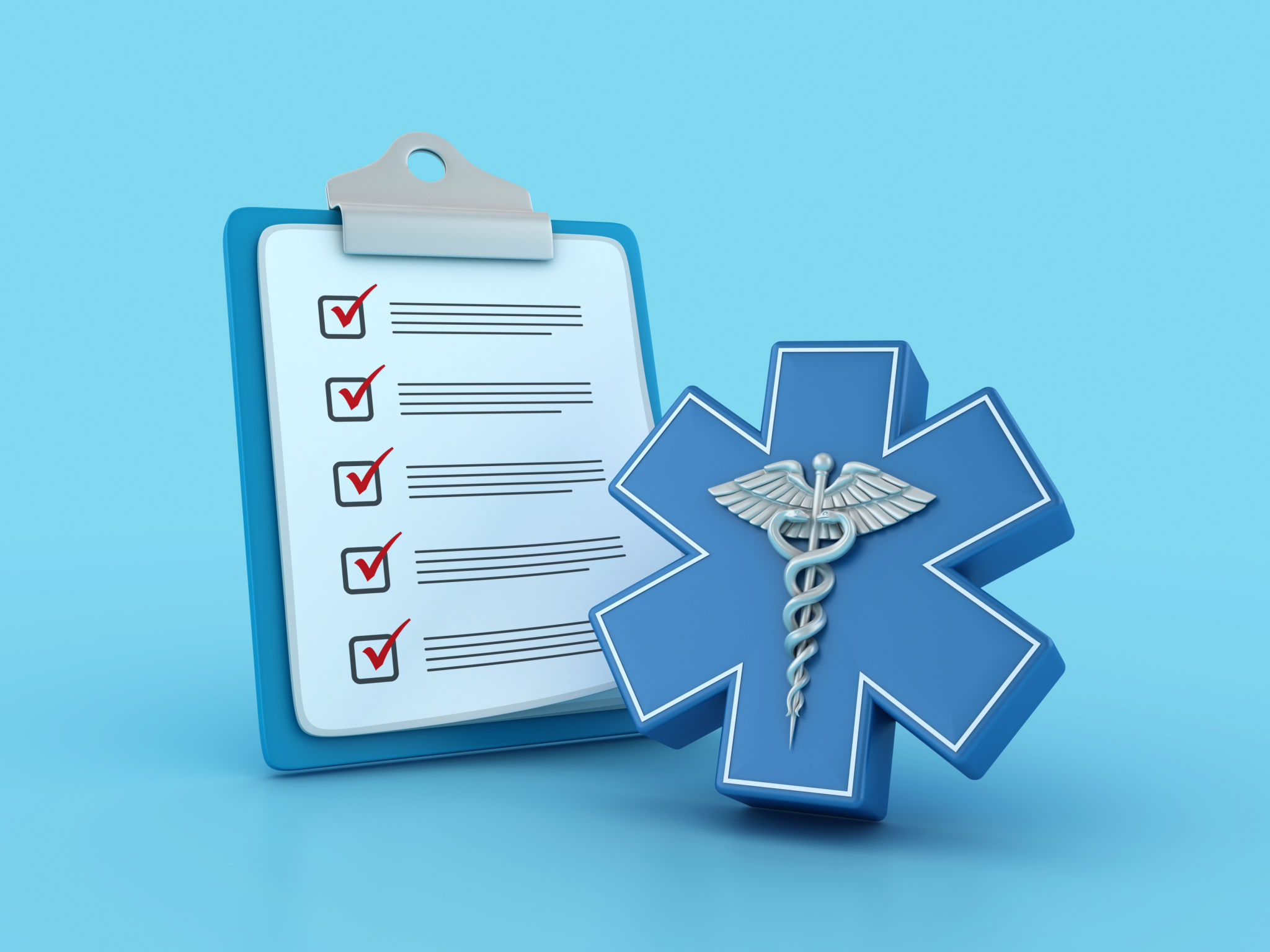Ensuring Compliance in Delhi Hospitals: A Comprehensive Guide
Understanding Compliance in Delhi Hospitals
Ensuring compliance in hospitals is crucial for delivering quality healthcare services while adhering to legal and ethical standards. In Delhi, hospitals are required to follow stringent regulations to maintain patient safety and operational integrity. This guide provides a comprehensive overview of the compliance requirements and best practices for hospitals in the capital city.

The Importance of Regulatory Compliance
Regulatory compliance is essential for hospitals to function effectively and ethically. By adhering to regulations, hospitals can avoid legal repercussions and maintain their reputation. Compliance also ensures that patient care is delivered in a safe and effective manner, minimizing risks associated with medical procedures and treatments.
Delhi hospitals are governed by various regulatory bodies, including the Medical Council of India (MCI), National Accreditation Board for Hospitals & Healthcare Providers (NABH), and state health departments. Each of these entities has specific guidelines that hospitals must follow to operate legally.
Key Compliance Areas
There are several key areas where hospitals must ensure compliance. These include:
- Patient Safety: Hospitals must implement protocols to minimize the risk of infections, errors, and other safety hazards.
- Data Protection: With the increasing digitization of medical records, safeguarding patient information is paramount.
- Quality Care: Ensuring high standards of care through continuous monitoring and improvement processes is vital.

Licensing and Accreditation
Obtaining the necessary licenses and accreditations is a fundamental step in ensuring compliance. Hospitals must secure licenses from relevant local authorities and seek accreditation from recognized bodies like NABH. Accreditation not only demonstrates a hospital's commitment to quality care but also enhances its credibility among patients and stakeholders.
The process of obtaining accreditation involves rigorous assessments of hospital facilities, staff qualifications, and patient care protocols. Hospitals should be prepared to undergo these evaluations periodically to maintain their accredited status.
Staff Training and Education
A well-trained workforce is crucial for maintaining compliance in hospitals. Regular training sessions should be conducted to keep medical staff updated on the latest regulations, technologies, and best practices. This not only improves patient care but also reduces the likelihood of non-compliance incidents.

Hospitals can implement e-learning modules, workshops, and seminars as part of their staff training programs. Encouraging a culture of continuous learning helps in adapting to regulatory changes effectively.
Implementing Compliance Management Systems
A robust compliance management system can streamline the process of adhering to regulations. By integrating technology into compliance operations, hospitals can automate tasks such as record-keeping, reporting, and monitoring. This reduces manual errors and enhances efficiency.
Additionally, regular audits and reviews should be conducted to identify areas of improvement and ensure that compliance measures are being followed diligently.
Conclusion
Ensuring compliance in Delhi hospitals is a multifaceted process that requires a strategic approach. By understanding the regulatory landscape and implementing best practices, hospitals can provide safe and quality care while maintaining their legal standing. Continuous education, robust management systems, and adherence to accreditation standards are key components in achieving comprehensive compliance.